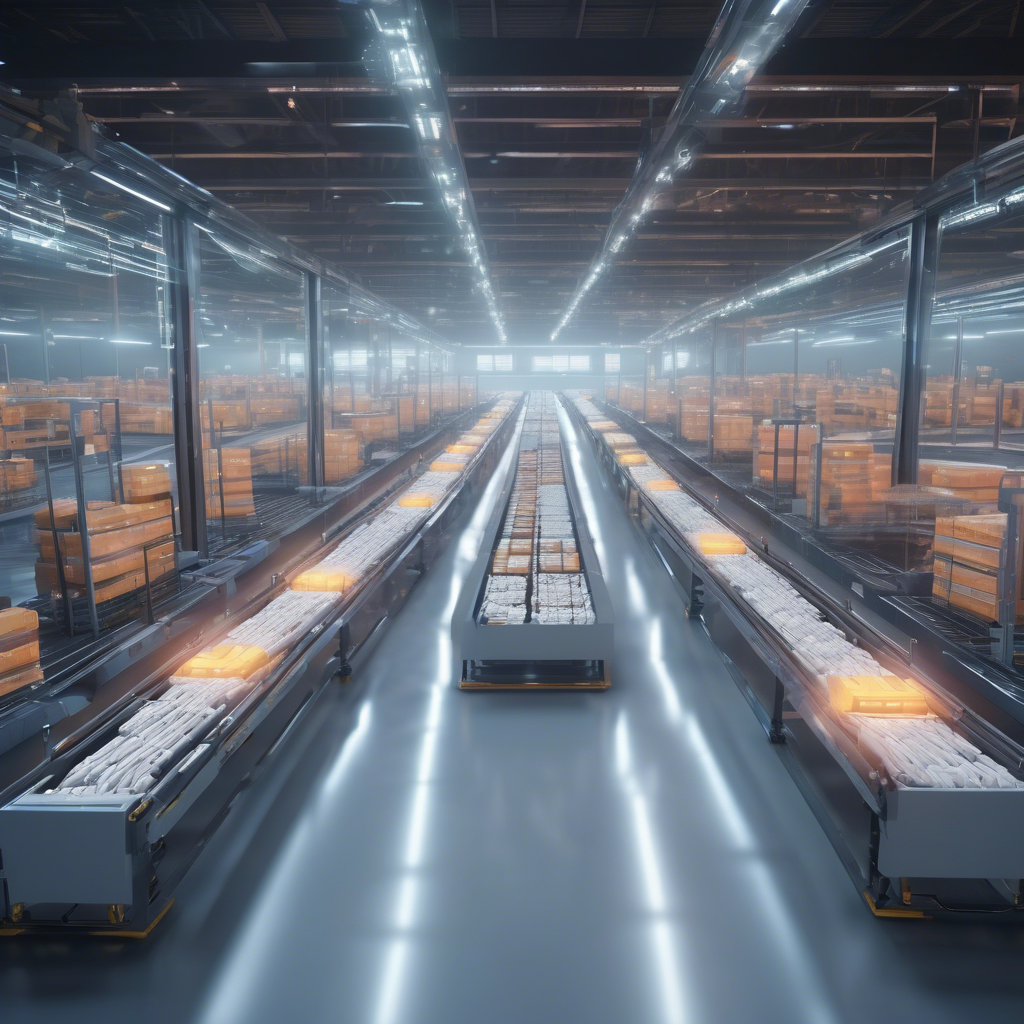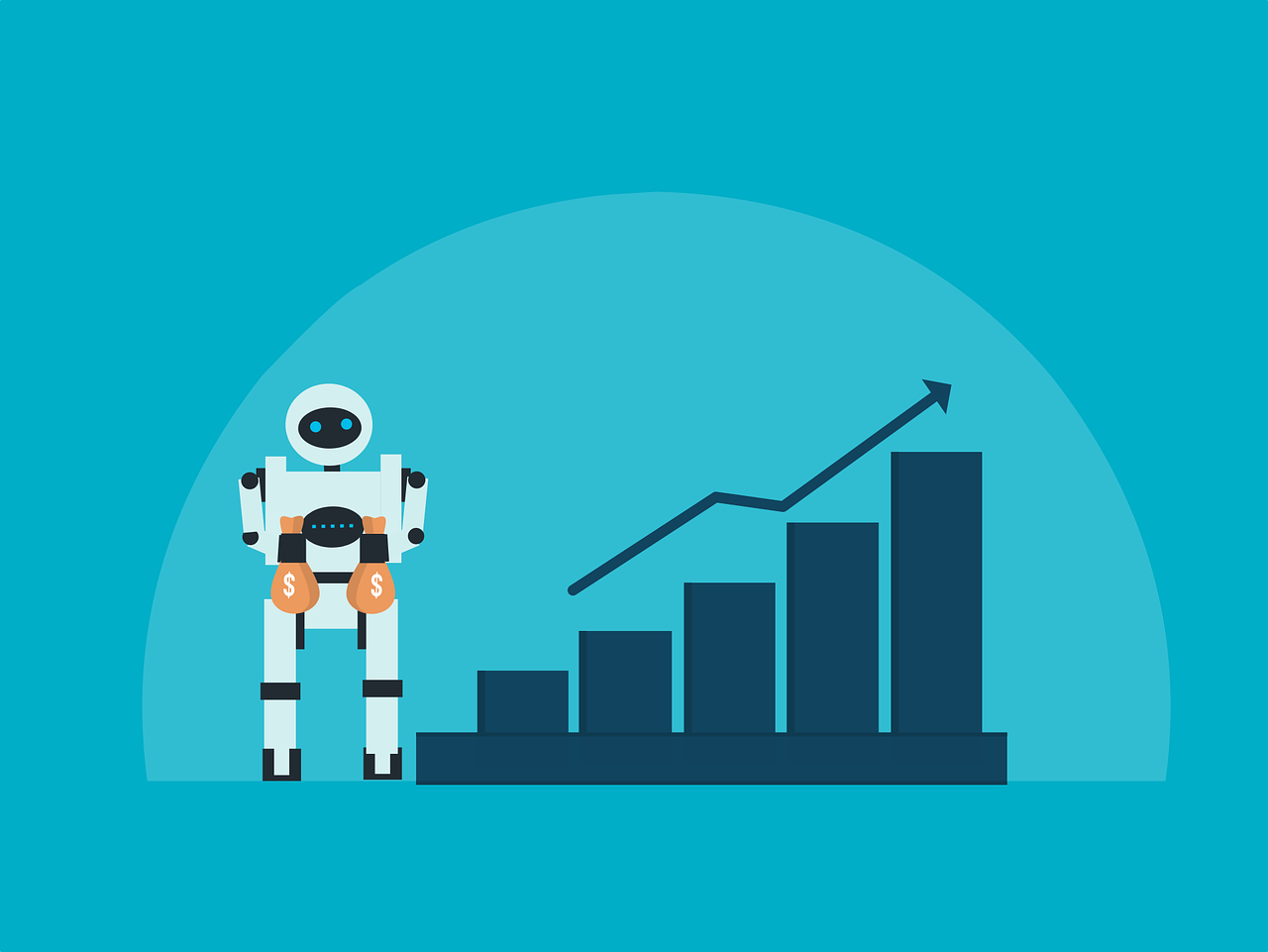How Blockchain is Revolutionizing Supply Chain Management with Transparency and Automation

Brief news summary
Blockchain technology is transforming supply chain management by offering unparalleled transparency, traceability, and efficiency through a decentralized, secure ledger system. It facilitates real-time data sharing among all stakeholders—including manufacturers, suppliers, logistics providers, retailers, and consumers—enhancing decision-making and problem-solving capabilities. Smart contracts automate processes like compliance, payments, and deliveries, thereby reducing errors, fraud, and disputes. Furthermore, blockchain ensures product authenticity, helping combat counterfeits in industries such as pharmaceuticals, luxury goods, and food safety, which protects brands and builds consumer trust. It also streamlines regulatory compliance with easily traceable and auditable records, mitigating associated risks. Widely adopted in food production, automotive, and pharmaceutical sectors, blockchain improves tracking, quality control, and safety while lowering costs by minimizing fraud, cutting paperwork, and accelerating transactions. Although challenges remain in integration and scalability, its combination with AI, IoT, and big data encourages broader adoption. Ultimately, blockchain is becoming essential for developing transparent, efficient, and modern supply chain ecosystems.Blockchain technology is fundamentally transforming supply chain management by introducing unprecedented transparency, traceability, and efficiency. At its core, blockchain provides a decentralized ledger that securely, verifiably, and immutably records every transaction and movement of goods. This enables companies to track the entire product lifecycle—from origin through production, transportation, to final delivery. A key feature is end-to-end visibility, allowing stakeholders such as manufacturers, suppliers, logistics providers, retailers, and consumers to access real-time data on goods’ status and location. This increased visibility helps identify bottlenecks, delays, or discrepancies early, facilitating agile, informed decision-making. Smart contracts—self-executing agreements with terms encoded directly—play a crucial role in automating and securing supply chain transactions. They enforce compliance with predefined conditions automatically, ensuring payments, delivery milestones, and quality checks occur without human intervention. This automation reduces errors, fraud, and disputes, significantly streamlining operations. Blockchain also enhances product authenticity verification, addressing frequent issues like counterfeiting, especially in sectors such as pharmaceuticals, luxury goods, and food safety.
By recording each transaction on an immutable ledger, blockchain creates a trustworthy provenance trail that all participants can verify, safeguarding brand integrity and boosting consumer trust. Beyond transparency and authenticity, blockchain aids regulatory compliance by ensuring all activities adhere to industry standards and legal requirements. This traceable documentation simplifies audits and lowers risks of costly compliance violations. Many industries are already integrating blockchain to optimize supply chains: food producers track product origin and freshness to ensure safety and reduce waste; automotive manufacturers trace parts through complex networks to improve recalls and quality; pharmaceutical firms securely track medicines to combat counterfeits and protect patients. These implementations yield tangible financial benefits—reducing fraud and errors, enhancing transparency, cutting costs through streamlined processes, faster transactions, and less paperwork. Nonetheless, blockchain adoption faces challenges such as integrating with existing systems, establishing industry-wide standards, and scaling globally. Overcoming these hurdles requires collaboration among businesses, technology providers, and regulators. Looking forward, as companies increasingly recognize blockchain’s value, its adoption is expected to accelerate, becoming foundational to modern supply chain strategies. Its combination with complementary technologies like the Internet of Things (IoT), artificial intelligence (AI), and big data analytics promises even greater insights, automation, and resilience for worldwide supply chains. In summary, blockchain is revolutionizing supply chain management by enabling comprehensive visibility, stronger security, and improved compliance. Its ability to trace products in real-time, verify authenticity, and automate transactions helps reduce fraud, lower costs, and build consumer trust. As industries embrace this innovation, blockchain is set to become a cornerstone of efficient, transparent supply chains in the future.
Watch video about
How Blockchain is Revolutionizing Supply Chain Management with Transparency and Automation
Try our premium solution and start getting clients — at no cost to you

I'm your Content Creator.
Let’s make a post or video and publish it on any social media — ready?
Hot news

“AI SMM”, new training from Hallakate – Learn how…
In an era where technology is transforming how we create content and manage social networks, Hallakate introduces new training tailored for this new age: AI SMM.

AI Training GPU Cluster Sales Market Size | CAGR …
Report Overview The Global AI Training GPU Cluster Sales Market is projected to reach approximately USD 87

Multimodal AI Market 2025-2032: Growth Overview, …
Multimodal AI Market Overview Coherent Market Insights (CMI) has published a comprehensive research report on the Global Multimodal AI Market, projecting trends, growth dynamics, and forecasts through 2032

The Future of SEO: How AI is Shaping Search Engin…
Artificial intelligence (AI) is dramatically reshaping search engine algorithms, fundamentally changing the way information is indexed, evaluated, and delivered to users.

AI Video Conferencing Platforms Gain Popularity A…
In recent years, remote work has transformed dramatically, largely due to technological advancements—particularly the rise of AI-enhanced video conferencing platforms.

AI Video Content Moderation Tools Combat Online H…
Social media platforms are increasingly employing artificial intelligence (AI) to improve their moderation of video content, addressing the surge of videos as a dominant form of online communication.

US revisits its export curbs on AI chips
POLICY REVERSAL: After years of tightening restrictions, the decision to permit sales of Nvidia’s H200 chips to China has sparked objections from some Republicans.
AI Company
Launch your AI-powered team to automate Marketing, Sales & Growth

and get clients on autopilot — from social media and search engines. No ads needed
Begin getting your first leads today








